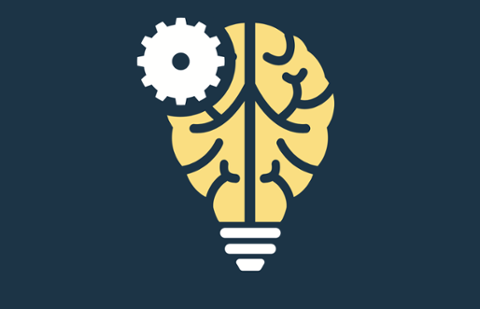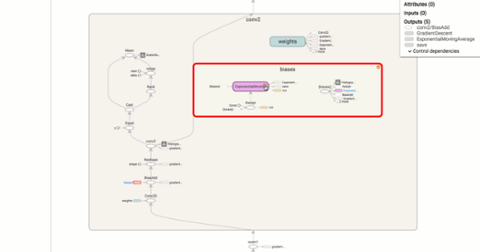This article excerpt is from eFinancialCareers. Xi Chen, who got his Ph.D. in machine learning from Carnegie Mellon University’s School of Computer Science, is an assistant professor of information, operations and management sciences at New York University’s Stern School of Business. He was recently named to the Forbes 30 Under 30 list. Chen featured in the science rankings, but he’s working on machine learning products that will disrupt the financial services industry. How will machine learning impact financial services? First of all, modern machine learning techniques will lead to more accurate predictions of the future prizes and trends in financial services. It can also help predict market trends by aggregating many opinions on the social networks. This might be even more accurate than the subjective judgment from an expert. Also, it can lead to quick decisions. For example, machine learning techniques have been widely used in algorithmic trading. Moreover, using machine learning techniques, banks can know better about the needs of each individual and thus provide personalized financial services to each customer. How are these leading to new learning methods and approaches to analyzing data Increasing demand for better financial services will also lead to improvement in learning methods and data analytics. For example, the flourishing of algorithmic trading will lead to new techniques, which can predict the prices on the millisecond and even microsecond level. It can also lead to cost-cutting. Do you see a potentially negative impact of machine learning and automation on employment? Yes. Machine learning technology will make many jobs obsolete – some will be replaced by machines in the future. Examples include driverless cars, automated trading systems, and robots as waiters and cleaning people, to name just a few. I think one way [to approach the problem of unemployment] is to provide people with a better education so that the next generation will be trained to perform jobs that machines are not competent in. For more on the issues associated with A.I. and statistics, as well as Chen’s work with crowdsourcing, check out the eFinancialCareers article. It was originally written by Dan Butcher.



